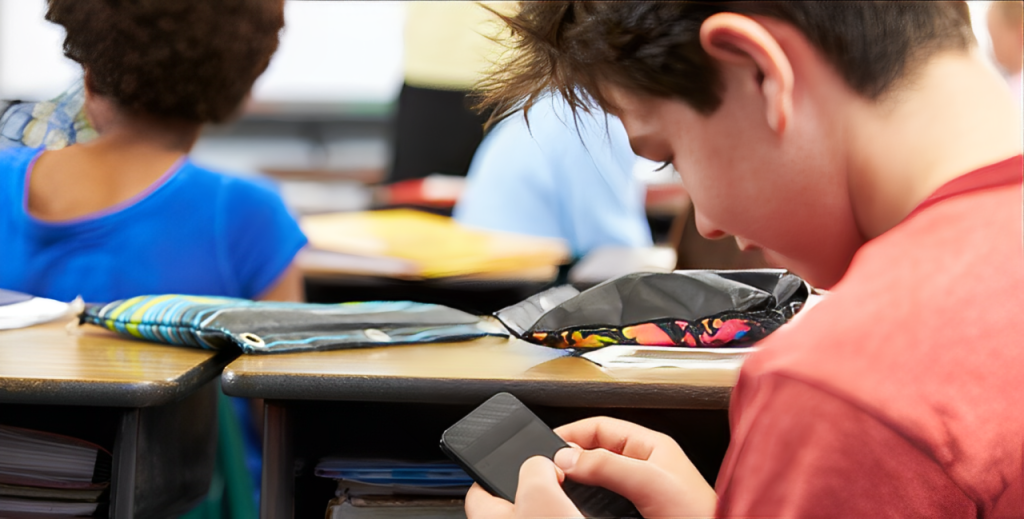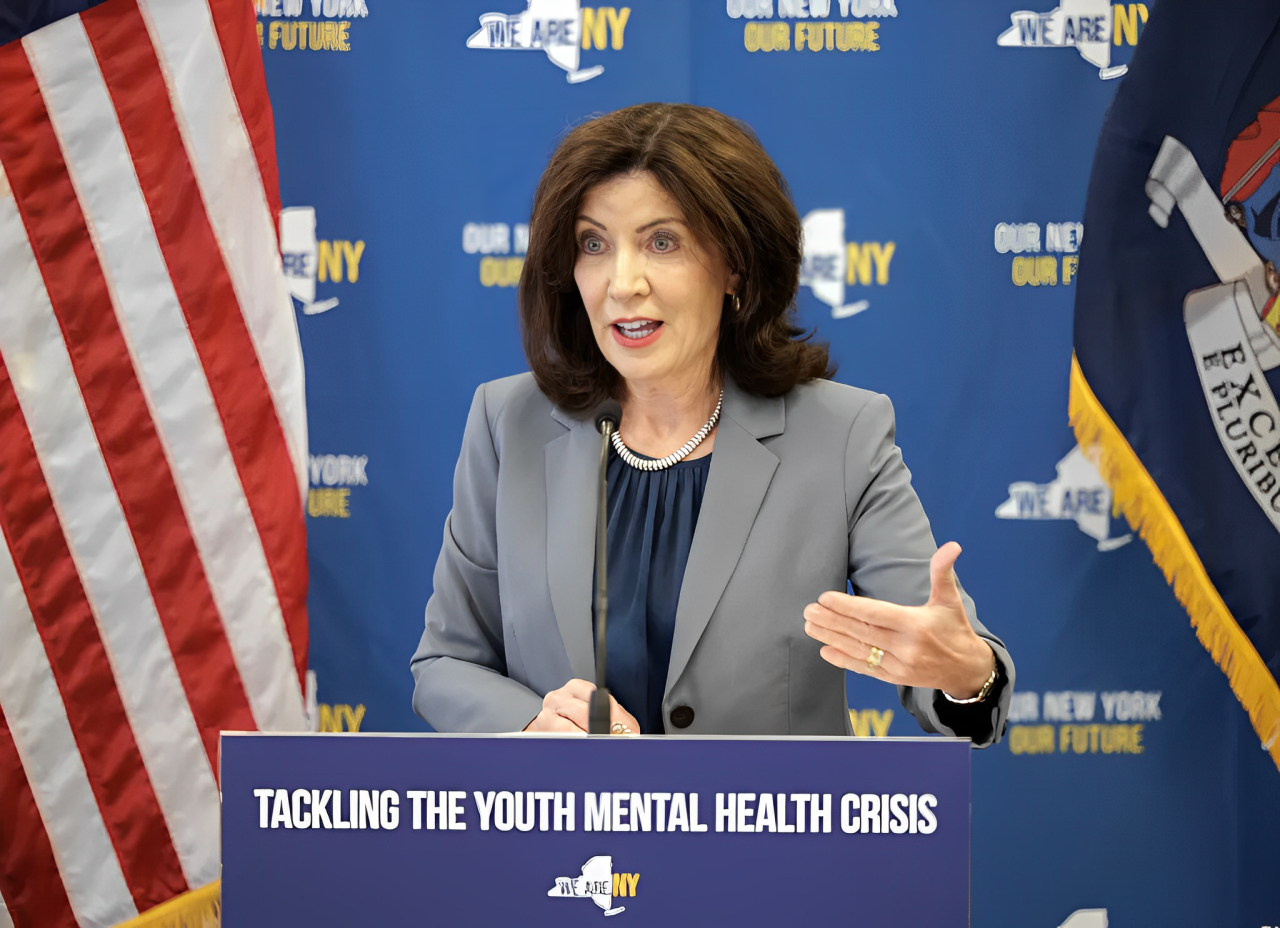Governor Hochul’s Cell Phone Policy: Balancing Technology and Education in New York Schools!
Cell phones are nearly universal, including among students. Educators and parents are increasingly concerned about their impact on learning. Teachers across various districts have voiced frustrations over how cell phones distract students with texting, social media, and gaming during lessons.
A recent Pew Research study highlighted that 72% of high school teachers nationwide believe cell phones significantly disrupt student learning. Only 20% of educators consider it a minor issue.
As the Labor Day weekend wraps up, many students in Western New York will face new school policies on cell phone use. In Lackawanna, for instance, students will be required to place their phones in locked bags when they return to school. Other districts are adopting similar policies, and Governor Kathy Hochul is considering a statewide regulation.
However, the effectiveness of these measures in promoting overall student well-being is still debated. Dr. Katheryne Leigh-Osroosh, a school counseling and psychology professor at UB, suggests that these policies might be more of a reaction rather than a comprehensive solution.
“We need to focus on understanding how cell phone use and virtual spaces affect identity development,” Dr. Leigh-Osroosh said. She emphasized the importance of going beyond sensational headlines and considering the broader impact on students’ development.
Generation Z has grown up with constant access to smartphones and social media. Research by IBM reveals that three out of four Gen Z individuals spend most of their free time online. According to Harmony Healthcare, they also lead in average screen time, clocking over six hours a day.
Dr. Leigh-Osroosh likened the current situation with technology to addiction. “The neurological effects of excessive phone use and gaming resemble addiction patterns,” she noted.
“Just like with substance addiction, you can’t simply remove the stimulus and expect everything to improve. In the competition between technology and traditional teaching, technology often wins.”

To address this issue, Dr. Leigh-Osroosh advocates integrating technology awareness into the student curriculum and enhancing educators’ professional development.
She suggests that school counselors play a crucial role in developing prevention-focused programs and classroom guidance lessons that address responsible technology use and privacy concerns.
She also drew parallels between the discussions on cell phone policies and sex education, emphasizing that both involve navigating complex and personal topics. “Engaging in these dialogues requires balancing school responsibilities with parental involvement, much like with sexual health education,” Dr. Leigh-Osroosh said. “This generation has a unique relationship with technology, and it requires a nuanced approach.”
Governor Hochul, who is currently gathering feedback from school districts and parents on a statewide tour, has expressed concerns about cell phone use, citing potential negative effects on mental health. A study by Common Sense Media shows that teens receive around 200 texts and social media notifications daily.
“It’s challenging for adults to detach from their phones, so it’s even harder for young people,” Governor Hochul remarked. “We need to find solutions because the current approach isn’t working for our children. We will continue to gather input from parents and teachers.”
Read More:
Albany Barber Shop Offers Free Haircuts and Essential School Supplies to Local Students!
Mid-South School District Reports Success with New Cellphone Ban Policy!
For any potential statewide policy changes, Hochul’s office will need to draft and pass a bill in the New York State Legislature, which is not scheduled to reconvene until January.

